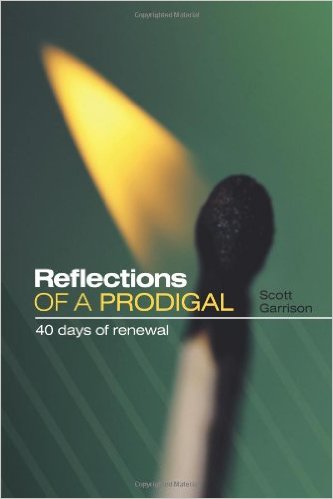|
I’ll never forget it.
My first day on campus at seminary and I was participating in what’s called matriculation. That’s a 10 dollar word to say I was registering as a new student. All these fancy words…. Anyways, I was sitting down looking at the classes I was going to be taking. I was going for an MDiv in Christian Apologetics…at least that’s what I started out to do. Anyways, I was looking at the classes and one caught my eye. Hermeneutics. I didn’t even know how to say the word, much less know what it meant. So I asked the person assigned to help me, “Hey, what does this mean?” They chuckled in that semi-snarky superior way that makes you feel like an ignorant peasant and said, “Hermeneutics.” I said, “Yeah, I see the word but what does it mean?” They said, “It basically means how to interpret the Bible.” I said, “Then why don’t you just call it that, Biblical Interpretation?” They said, “Because it’s called hermeneutics.” I said, “Right, but if you called it something that people understood…you know what, never mind.” So I enrolled in a hermeneutics class where I was to learn how to interpret Scripture. I remember finding that curious to think that the Bible, specifically the New Testament, had been around for the better part of 2000 years and we still didn’t know how to interpret it… The class wasn’t bad and taught me many things I did not know. One thing I remember that really stuck out to me was the statement that “a text can never mean what it’s never meant.” I wasn’t real sure what that meant and, frankly, I’m still not sure what exactly that means. I was also struck by the statement made by my professor that a text can only have one meaning. He said the author (in this case the inspired human author) meant one thing only and we must work to discover that one thing. I found that to be a little unsatisfying, to be honest. I remember thinking that didn’t seem right somehow, that a text could only have one meaning. I remember thinking, ‘Well that’s funny because so many people seem to have so many different interpretations of what different texts mean.’ Have you run into that? It seems like some things are so widely interpreted that you have a hard time determining what it actually means. For example, the accounts in the Acts of the Apostles (the book of Acts) of the household baptisms of the Gentile converts. So I read those texts that say the person who believed and their entire household was baptized and I am quite certain it means exactly what it says; that everyone in the household was baptized, husband, wife, children, servants…you get the picture. A Baptist will read that very same text and argue that it doesn’t mean what it says; that the children weren’t baptized but only those who professed faith. See the problem? I had a problem. As a church planter and pastor, I was preparing sermons to feed the flock under my care. As I was preparing those sermons, I was studying the text of Holy Scripture. What wasn’t plain, I researched. That’s how you do hermeneutics, right? The problem became, for me, that different commentators had different things to say about some texts. Take the baptism narratives again, for example. Presbyterian commentators would say it’s a clear indication of paedo-baptism. A Baptist commentator would say the exact opposite. What’s an honest pastor to do? Did anyone agree on what Holy Scripture had to say? Well, as a matter of fact, yes. In the historic Church, the Catholic Church, there appeared to be remarkable agreement on what Holy Scripture had to say. Now yes, there were some variances but what I found was surprising. The Church was remarkably consistent throughout the last 2000 years or so in how she interpreted Holy Scripture. She was also remarkably consistent in how the text of Holy Scripture was to be applied to our daily lives. Caveat: I am no expert in Catholic hermeneutics. However, I have learned and am learning so here are some things I’ve learned. Historically, the Church has interpreted Holy Scripture with four basic senses, if you will, of how to interpret. They are:
Here’s the point I’m trying to make. I was greatly comforted in knowing, as a pastor and preacher, that my need to interpret biblical texts had been answered. I no longer had to struggle to know if what I was seeing in the text was “right” or “wrong.” Rather, I had the long history of the teaching of the Church to rely upon. What sweet comfort that discovery was for me as a pastor! Maybe you struggle as well with some texts of Holy Scripture. Maybe you’re like me and wonder what in the world does some of this mean? I want you to know the peace and comfort I have found, knowing that the Church has wrestled with these very things for over two centuries now. She has much wisdom and remarkable consistency to offer us as we feed our own souls and the souls of our flock. Mother Church has much to teach us. Let us be grateful for her. Let us be humble and accept her wisdom. Let us praise God for His kindness in giving us teachers to show us the way!
0 Comments
Leave a Reply. |
Archives
March 2021
Categories
All
|

